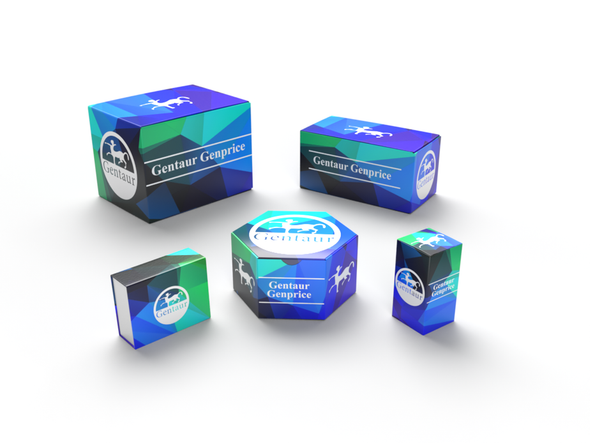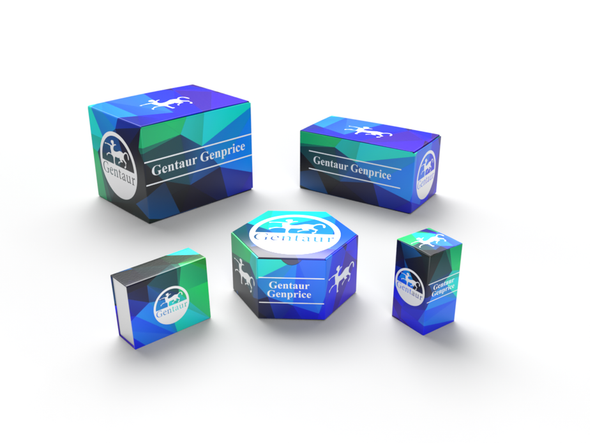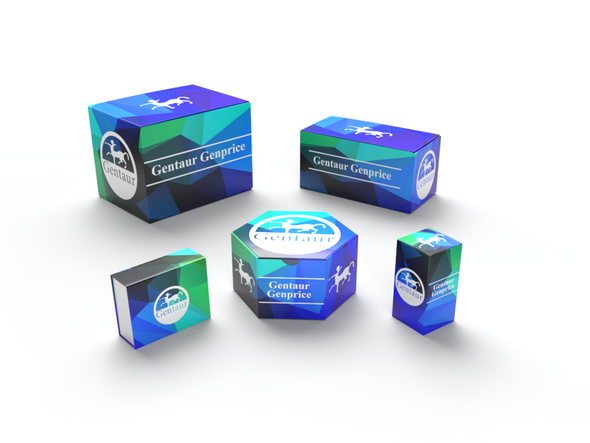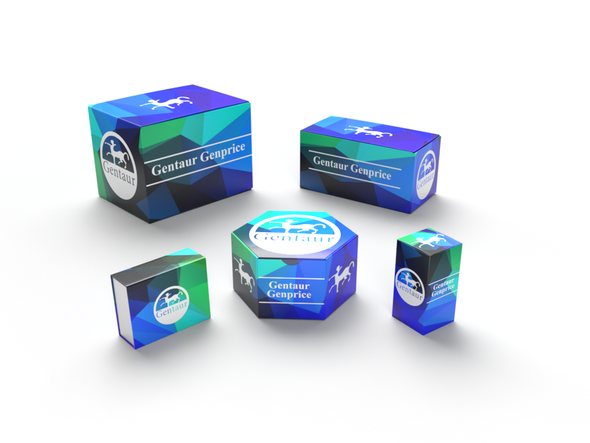740
Mouse Tensin-4 (TNS4) ELISA Kit | AE13853MO
- SKU:
- 740-AE13853MO
- Availability:
- Usually ships in 5 working days
Description
Mouse Tensin-4 (TNS4) ELISA Kit | AE13853MO | Gentaur UK, US & Europe Distribution
Species Reactivity: Mouse (Mus musculus)
Abbreviation: TNS4
Alternative Name: CTEN; FLJ14950; PP14434; C terminal tensin like|C-terminal tensin-like|OTTHUMP00000164465
Application: ELISA
Range: Request Information
Sensitivity: Request Information
Intra-Assay: ≤5.1%
Inter-Assay: ≤8.3%
Recovery: 0, 87
Sample Type: Serum, Plasma, Other biological fluids
Detection Method: Sandwich
Analysis Method : Quantitive
Test Principale: This assay employs a two-site sandwich ELISA to quantitate TNS4 in samples. An antibody specific for TNS4 has been pre-coated onto a microplate. Standards and samples are pipetted into the wells and anyTNS4 present is bound by the immobilized antibody. After removing any unbound substances, a biotin-conjugated antibody specific for TNS4 is added to the wells. After washing, Streptavidin conjugated Horseradish Peroxidase (HRP) is added to the wells. Following a wash to remove any unbound avidin-enzyme reagent, a substrate solution is added to the wells and color develops in proportion to the amount of TNS4 bound in the initial step. The color development is stopped and the intensity of the color is measured.
Product Overview: CTEN was reduced or lost in several prostate cancers and in prostate cancer cell lines.The deduced 715-amino acid protein has a calculated molecular mass of 76.9 kD. The C terminus of CTEN shares 50% and 45% amino acid identity with the C termini of tensin-1 and tensin-2, respectively. Like these proteins, CTEN contains Src homology-2 and phosphotyrosine-binding domains, but it lacks the N-terminal actin-binding domain. CTEN also has 6 potential tyrosine phosphorylation sites. Endogenous CTEN expressed by a nontransformed prostate epithelial cell line and CTEN synthesized by in vitro transcription and translation both had an apparent molecular mass of about 90 kD by SDS-PAGE. Immunofluorescence staining localized CTEN to focal adhesions in prostate epithelial cells.
Stability: The stability of ELISA kit is determined by the loss rate of activity. The loss rate of this kit is less than 5% within the expiration date under appropriate storage condition. The loss rate was determined by accelerated thermal degradation test. Keep the kit at 37°C for 4 and 7 days, and compare O.D.values of the kit kept at 37°C with that of at recommended temperature. (referring from China Biological Products Standard, which was calculated by the Arrhenius equation. For ELISA kit, 4 days storage at 37°C can be considered as 6 months at 2 - 8°C, which means 7 days at 37°C equaling 12 months at 2 - 8°C) .










